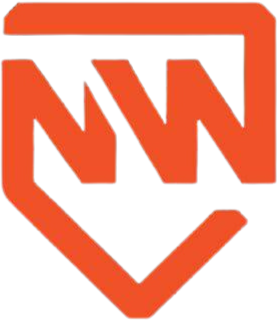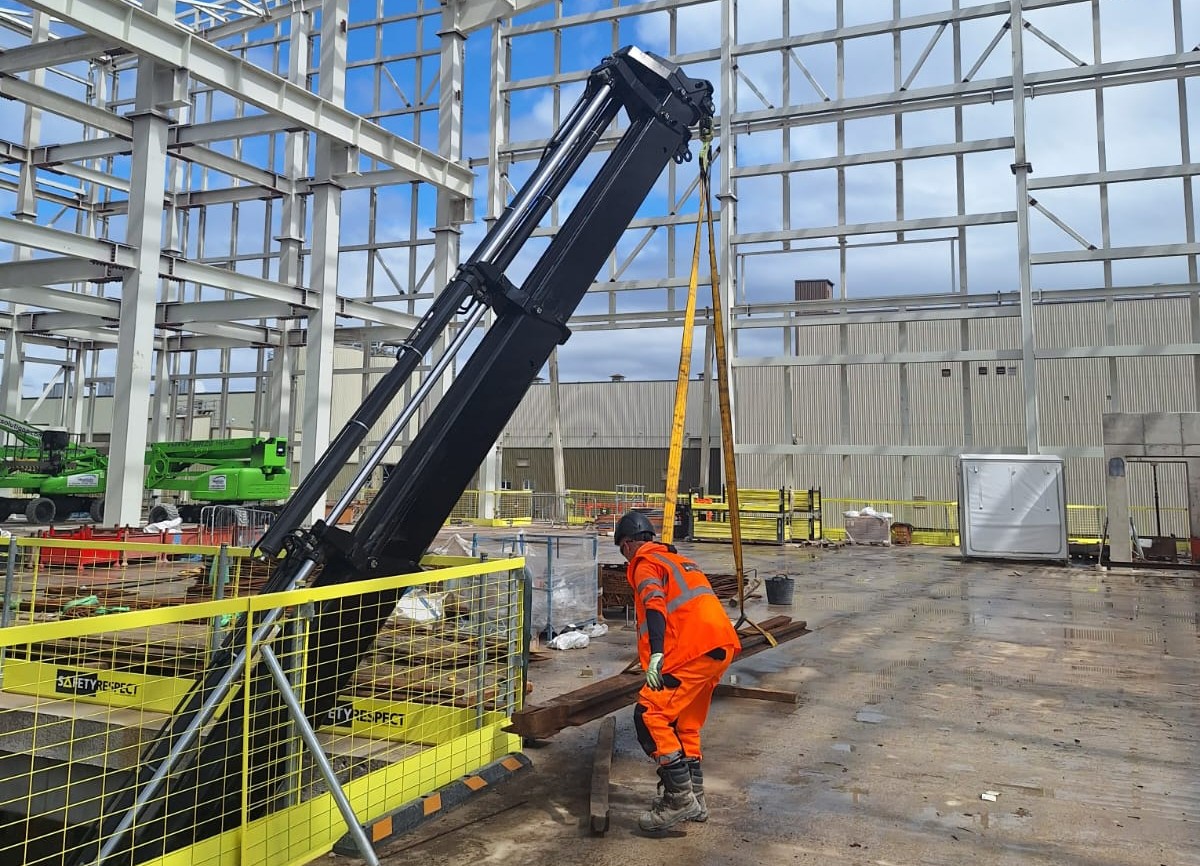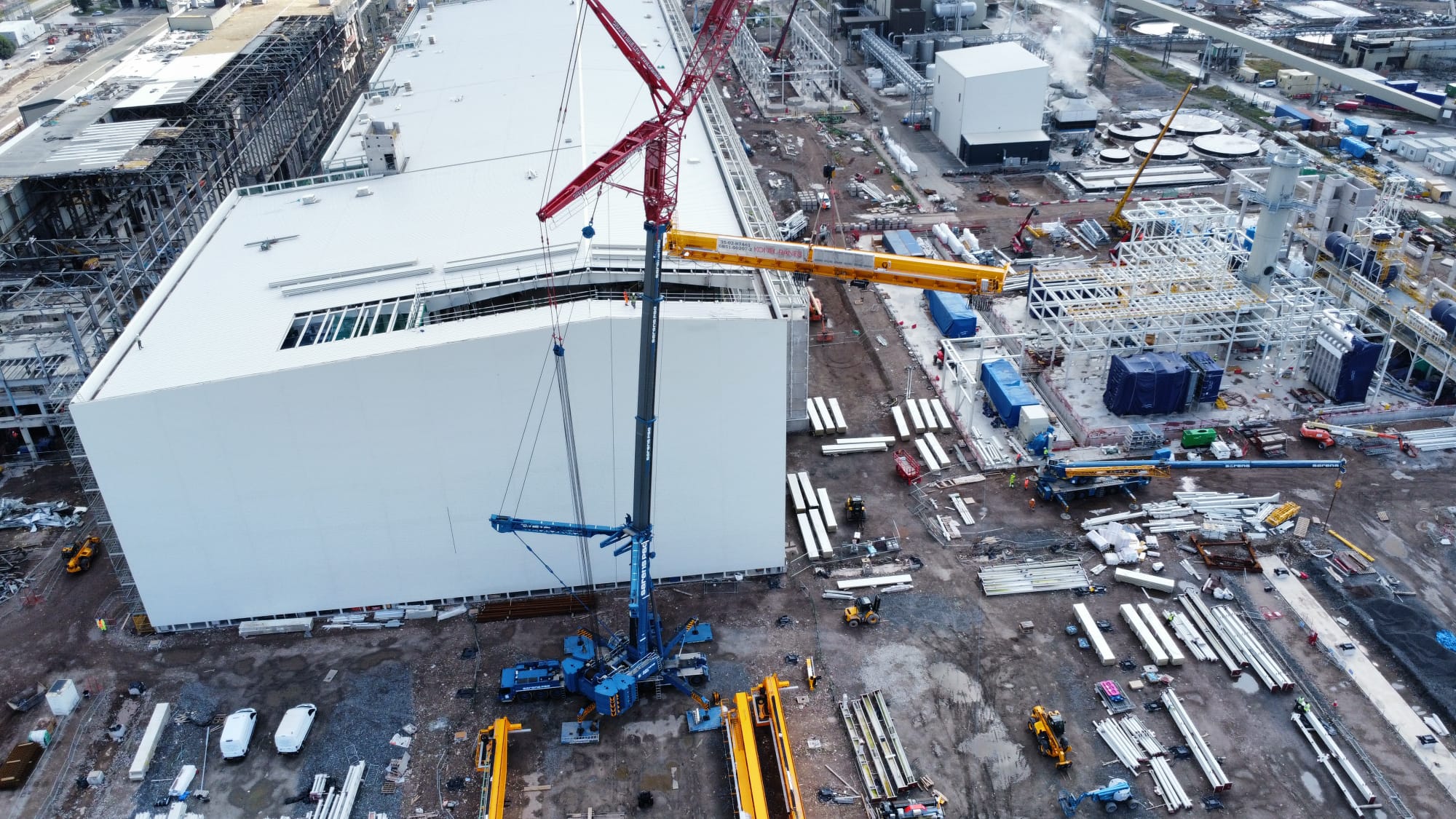When it comes to heavy lifting in Manchester, one of the most common questions people ask is, “Should I choose crane hire or contract lifting?” The answer depends on the specifics of your project, including its size, complexity, and duration. Crane hire and contract lifting are two different services that provide the machinery needed for lifting, but each offers distinct benefits and responsibilities.
Crane hire involves renting the crane itself, along with the operator and possibly some basic equipment. It’s often used for simpler jobs where you need a crane for a limited amount of time. On the other hand, contract lifting provides a more comprehensive service. This includes not just the crane and operator, but also detailed planning, risk assessments, insurance, and full supervision of the lift. It’s the best choice for more complex, high-risk jobs or when you need a full-service lifting solution.
Choosing between crane hire vs contract lifting depends on factors like the job’s scale, the safety requirements, the equipment needed, and how much support you require. If you’re only lifting for a short time and need a simple crane for a light load, crane hire may be the right choice. But for more complicated or high-risk lifts, contract lifting ensures a smoother, safer process with full responsibility from the crane hire company.
In this article, we’ll compare crane hire and contract lifting, outline when to choose each service, and help you make an informed decision based on your project’s needs.
What Is Crane Hire? The Basics Of Renting A Crane For Your Project
Crane hire is a straightforward process where you rent a crane along with its operator for a specific job. It’s an ideal option for projects that don’t require a full-service lifting solution and are relatively simple in nature. In crane hire, you’re essentially renting the machinery for as long as you need it, which might be a few hours, a day, or even longer. The hire company will provide the crane and an experienced operator, but typically, other planning and responsibilities will fall to you, the customer.
One of the main advantages of crane hire is its flexibility. If your project requires lifting equipment only for a short period, crane hire allows you to rent it without the burden of long-term commitments. This is especially helpful for smaller construction jobs, maintenance work, or lifting projects where you only need the crane for a single task, such as moving large equipment or building materials.
With crane hire, you’ll need to take care of some additional aspects of the project, such as planning the lift, ensuring the lift path is clear, and arranging any necessary site permissions or insurance. The crane hire company will typically offer the crane with an operator who will be trained to safely use the equipment but won’t handle the full logistics of the lift. This makes crane hire a more hands-on, do-it-yourself option for people who are comfortable with the extra responsibility.
However, crane hire is not just about renting equipment. It’s important to choose a company with well-maintained, reliable cranes. The crane’s condition is critical for safety and performance. Choosing a reputable provider will ensure you get a crane that is regularly serviced and ready for your job.
If your project is relatively simple and doesn’t involve any special planning or complex logistics, crane hire can be an affordable and convenient solution. In the next section, we’ll take a closer look at contract lifting, a more comprehensive service that’s often a better choice for complex projects.
What Is Contract Lifting And How Does It Differ From Crane Hire?
Contract lifting is a comprehensive service that goes beyond just providing the crane and operator. When you opt for a contract lift, the crane hire company takes full responsibility for the entire lift, from planning to execution, and even the insurance. This makes it a preferred choice for complex, high-risk projects or situations where you need more support than just the crane itself.
One of the key features of contract lifting is that it includes the development of a lift plan. A lift plan is a detailed document that outlines how the lift will be carried out, covering everything from the type of crane needed to the route of the lift, the weight of the load, site conditions, and any potential risks. The company will assess the job site to ensure the crane can safely operate, taking into consideration factors like ground stability, obstacles, and access.
In addition to the lift plan, contract lifting also involves the following:
- Risk assessments: The company will carry out a thorough risk assessment to identify potential hazards during the lift and implement measures to control them.
- Qualified operators and personnel: The crane hire company provides not only the crane and operator but also the necessary support team. This can include lift supervisors, slinger signallers, and ground crew to ensure everything runs smoothly.
- Insurance: Unlike crane hire, which typically requires the client to arrange their own insurance, contract lifting services come with comprehensive coverage. This protects the project, personnel, and equipment in case of accidents or unforeseen events.
Contract lifting is often the preferred choice for large-scale construction, infrastructure projects, or jobs that require lifting heavy, awkward loads. Since the crane hire company is responsible for planning, safety, and execution, it takes much of the burden off the client, ensuring a smoother, safer process.
While crane hire can be the best choice for simpler, short-term jobs, contract lifting offers a higher level of service and reduces the risk of errors or accidents. If your project involves complex lifts, high-value equipment, or strict safety requirements, contract lifting is the smarter and safer option.
Next, we’ll look at when you should choose to use crane hire vs contract lifting based on your project’s specific needs.
When Should You Choose Crane Hire Vs Contract Lifting? Factors To Consider
Deciding between crane hire and contract lifting depends on the specifics of your project. Both options have their benefits, but the right choice hinges on factors such as the project’s scale, complexity, timeline, and safety requirements. Here are the key elements to consider when making your decision.
1. Project Size and Complexity
If your project is straightforward, involves smaller loads, or requires a crane for just a few hours, crane hire is likely the more cost-effective solution. For example, if you need to move some equipment or materials on a single, simple lift, renting a crane for the day could be enough. However, if your project involves multiple lifts, larger machinery, or complex manoeuvres (such as lifting heavy equipment over obstacles), contract lifting becomes the better option. A contract lift includes detailed planning, risk assessments, and the required support to ensure complex lifts are carried out safely.
2. Safety and Risk Management
Safety is always a priority, but the level of risk can vary greatly depending on the job. Crane hire is suitable for simpler jobs with relatively low risk. The responsibility for safety planning often falls on the client, meaning that the client must ensure all risks are considered and addressed. On the other hand, contract lifting provides full safety management, including risk assessments, lift plans, and comprehensive insurance. If your project involves risky conditions, like lifting in challenging weather, tight spaces, or around other workers, contract lifting ensures the lift is handled by experts who take full responsibility for safety.
3. Time Constraints
If your project has strict deadlines or involves multiple lifting operations that need careful coordination, contract lifting is a safer and more efficient choice. The crane hire company will manage all the logistics and planning, allowing your team to focus on other aspects of the project. Crane hire, in comparison, may require you to handle some of the planning yourself, which can lead to delays if not carefully coordinated.
4. Equipment and Support Needs
For large projects or those that require specialised equipment, contract lifting typically provides more comprehensive support. This includes providing not just the crane but also additional equipment like slings, mats, and safety gear, as well as a full crew. On the other hand, crane hire is best when you need the crane itself for a short period and can manage the rest of the planning, equipment, and support.
5. Budget Considerations
While crane hire tends to be cheaper in the short term, contract lifting offers better value for complex projects, as it includes everything from the crane to planning and safety. If you’re on a tight budget but need a simple, one-off lift, crane hire is a more economical option. For larger or ongoing projects where safety and efficiency are crucial, contract lifting provides better long-term value.
Choosing between crane hire and contract lifting depends on the size, complexity, and risk of your project. If you’re unsure, it’s always worth consulting a professional crane hire company to assess your needs and recommend the best option.
Crane Hire Or Contract Lifting – What’s More Cost-Effective For Your Project?
When comparing crane hire and contract lifting, cost is often the deciding factor. However, it’s important to look at the full picture. While crane hire may seem like the more affordable option up front, contract lifting could save you money in the long run, depending on the scale and complexity of your project. Here’s a breakdown of the costs associated with both options to help you make the most cost-effective choice for your lifting needs.
1. Crane Hire Costs – Basic and Transparent
With crane hire, the pricing is typically straightforward. You pay for the crane itself, along with the crane operator for the agreed-upon time. This is a good choice for short-term jobs where only basic lifting services are needed. The costs for crane hire can be lower compared to contract lifting because you’re essentially only renting the crane and the operator for a limited period.
However, there are other costs you’ll need to consider. These may include transport fees, insurance, and any additional equipment such as slings, mats, or other lifting accessories. If these aren’t included in the initial quote, they can add up, increasing the overall price of crane hire.
Additionally, if you need to arrange your own planning and risk assessments, you may have to hire external professionals for these services, which can lead to higher hidden costs. If the crane hire company doesn’t handle everything, you will need to coordinate the logistics yourself, which can result in project delays and, ultimately, more expensive labour costs.
2. Contract Lifting Costs – All-Inclusive Pricing
Contract lifting is typically more expensive than crane hire in the short term because it’s an all-inclusive service. With contract lifting, you pay for the crane, operator, full planning, site assessments, insurance, and all necessary personnel. The upfront cost may seem higher, but this package deal includes everything needed to execute a safe and efficient lift.
When considering the cost of contract lifting, it’s important to factor in the value of the added services. The company takes full responsibility for safety and planning, which removes any risk of extra charges for unforeseen issues. The lift plan and risk assessment ensure the job is done safely and efficiently, which reduces the chances of accidents or delays—both of which can be costly.
For complex, high-risk lifts or long-term projects, contract lifting often works out to be more cost-effective because it ensures proper planning, avoids costly mistakes, and provides better control over the schedule. The company’s insurance also covers you for any mishaps, which gives you peace of mind and protects your investment.
3. Which Option Offers Better Long-Term Value?
In the long run, contract lifting may offer better value for larger, more complex projects. It’s an investment in safety, efficiency, and expertise. If your project involves multiple lifts or complex logistics, contract lifting ensures the entire process runs smoothly, ultimately saving you money on potential delays, accidents, or additional planning costs.
For smaller, short-term jobs, crane hire is more affordable and provides the flexibility you need. However, always consider the hidden costs involved before making your decision.
Why North West Lifting Specialists Is Your Best Choice for Crane Hire Or Contract Lifting
When it comes to crane hire vs contract lifting, the decision ultimately depends on the complexity, scale, and safety requirements of your project. At North West Lifting Specialists, we understand that no two lifting jobs are the same, which is why we offer both crane hire and contract lifting services tailored to your needs.
If you’re working on a small or straightforward project that requires minimal planning, our crane hire service is the ideal choice. We provide reliable cranes and qualified operators at competitive rates, ensuring that you get the equipment you need when you need it, without any unnecessary costs. We’ll help you get the job done quickly and safely, without any fuss.
On the other hand, if your project involves more complex logistics, larger loads, or higher risks, contract lifting may be the right solution. Our team takes full responsibility for your lift, from planning and risk assessments to providing insurance and on-site supervision. With North West Lifting Specialists, you can rest assured that every aspect of your lift is covered, so you can focus on other parts of your project without worrying about potential issues.
We’re proud to offer professional, reliable, and cost-effective crane hire and contract lifting services across Manchester and beyond. Whether you choose crane hire or contract lifting, you’ll receive exceptional service, with a focus on safety, efficiency, and value.
Call North West Lifting Specialists today on 07398 490877 to discuss your project and find the perfect lifting solution for your needs.



